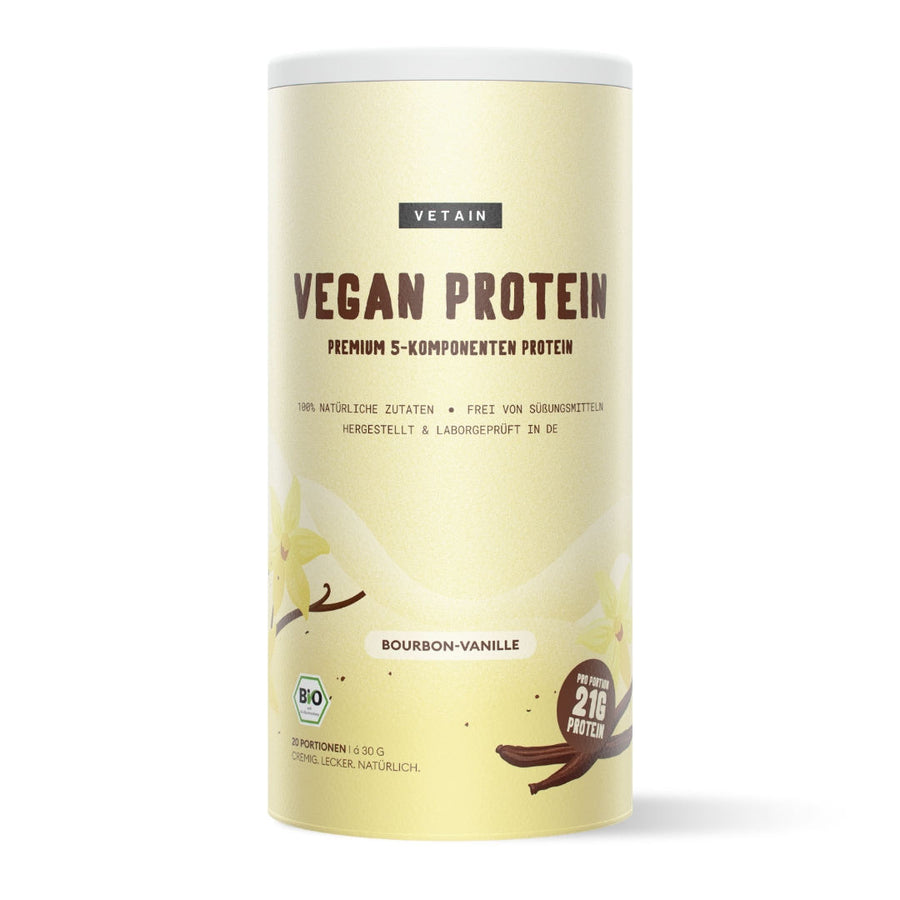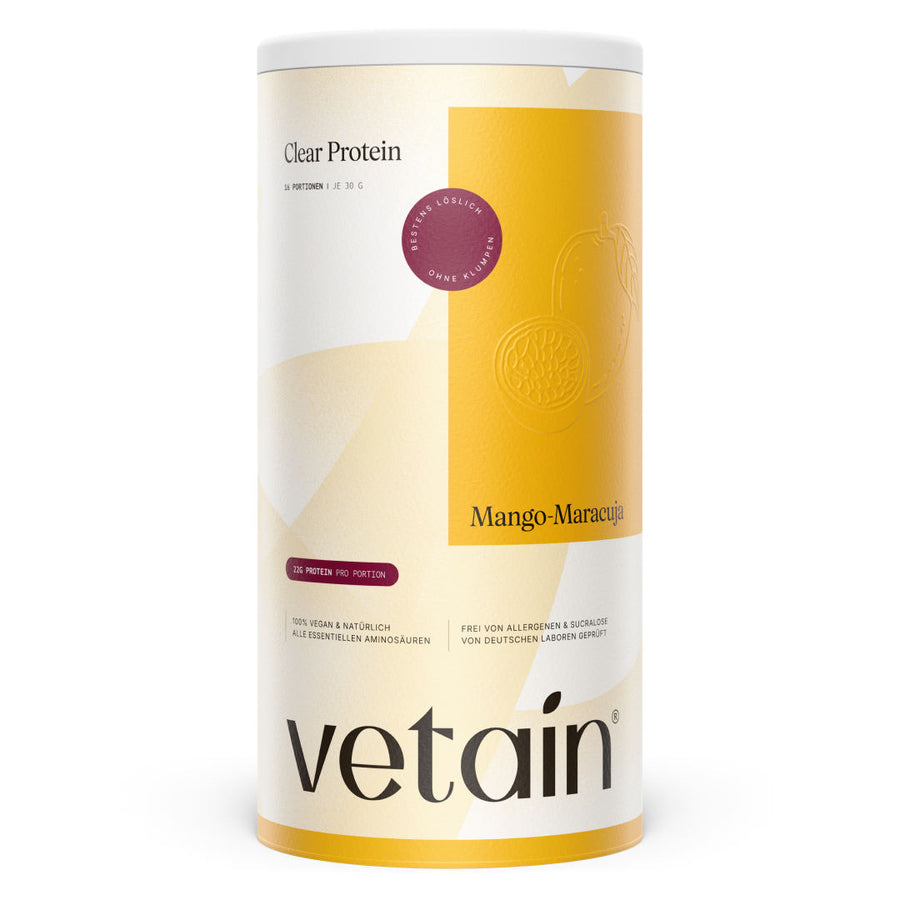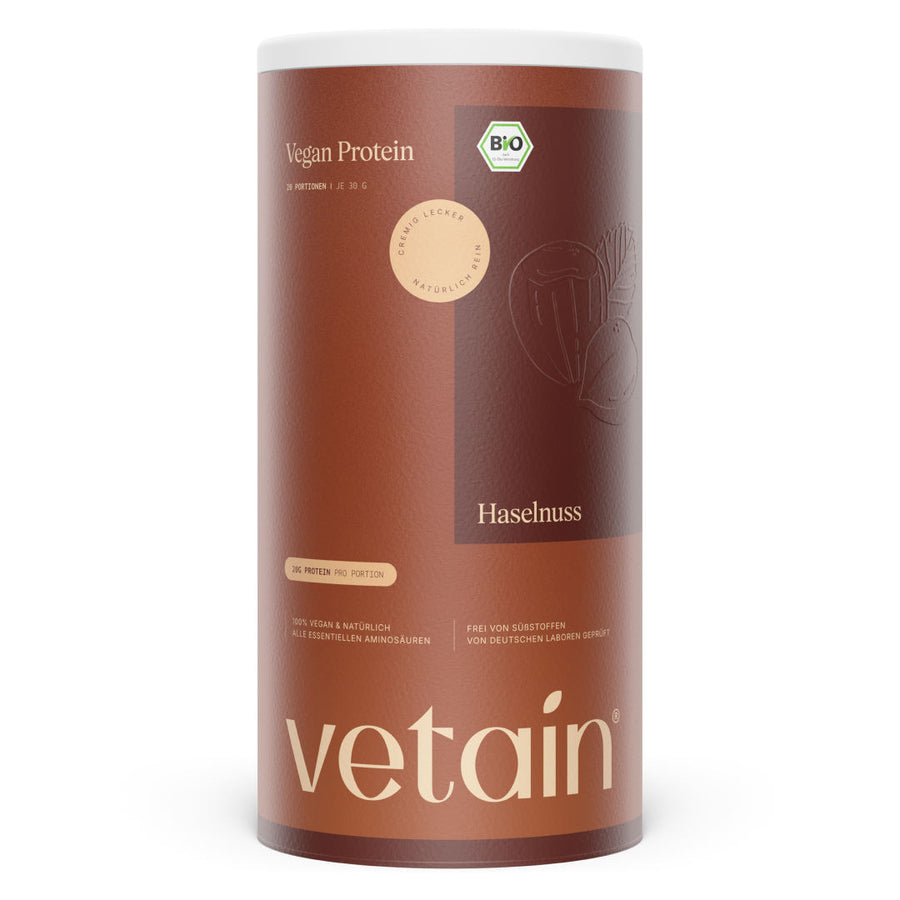Protein is an essential macronutrient that is found in every cell in our body. It is crucial for building and repairing tissue, producing enzymes and hormones and many other vital functions.
In the world of nutrition and fitness, it is often debated whether animal or plant protein is superior. In this article, we compare both protein sources and examine their respective advantages and disadvantages.
Animal protein
Animal protein is found in meat, fish, eggs and dairy products. It is often referred to as 'complete' protein as it contains all nine essential amino acids that the human body cannot produce itself.
Benefits:
- Complete amino acid profile: Animal proteins contain all essential amino acids in sufficient quantities.
- High bioavailability: Animal proteins are easily absorbed and utilized by the body.
- Promotes muscle building: Due to its complete amino acid profile and high bioavailability, animal protein is thought to be particularly effective in building muscle.
Disadvantages:
- Health concerns: High consumption of red and processed meat has been linked to various health problems, including heart disease and certain cancers.
- Environmental impact: Animal sources of protein tend to have a higher environmental impact, including higher greenhouse gas emissions and greater land and water requirements.
Plant protein
Plant-based protein comes from sources such as legumes, nuts, seeds, whole grains and vegetables. Many plant proteins are not "complete" because they do not contain all the essential amino acids, or they contain them in lower amounts.
Benefits:
- Health benefits: A diet high in plant-based proteins has been linked to a number of health benefits, including lower risk of heart disease, high blood pressure and certain cancers.
- Lower environmental impact: Plant-based protein sources tend to have a lower environmental impact compared to animal-based proteins.
- Variety: A wide range of plant-based protein sources allows for a varied diet.
Disadvantages:
- Often incomplete amino acid profile: some plant proteins do not contain all essential amino acids, which must be balanced by a varied diet.
- Lower bioavailability: Plant proteins are sometimes less efficiently absorbed and utilized by the body than animal proteins.
Conclusion
Both animal and plant proteins have their own advantages and disadvantages. The choice between animal and plant protein depends on various factors, including personal health goals, ethical beliefs and environmental concerns. A balanced diet that includes a variety of protein sources can maximize health benefits and minimize the risk of deficiencies. Ultimately, it is important to choose a diet that is sustainable, satisfying and fits your individual lifestyle.






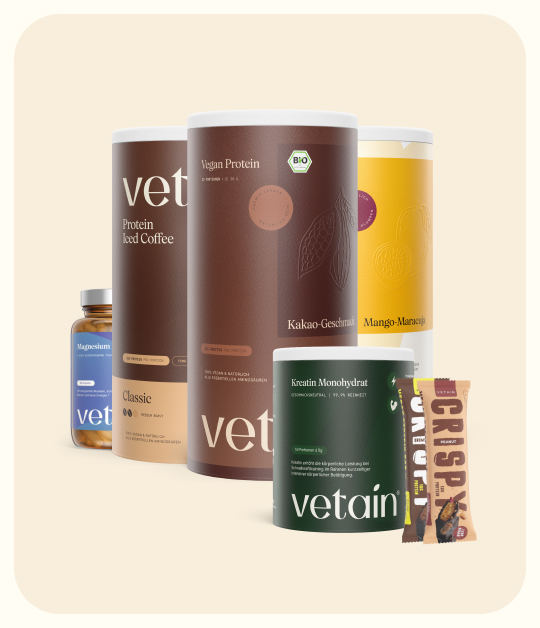
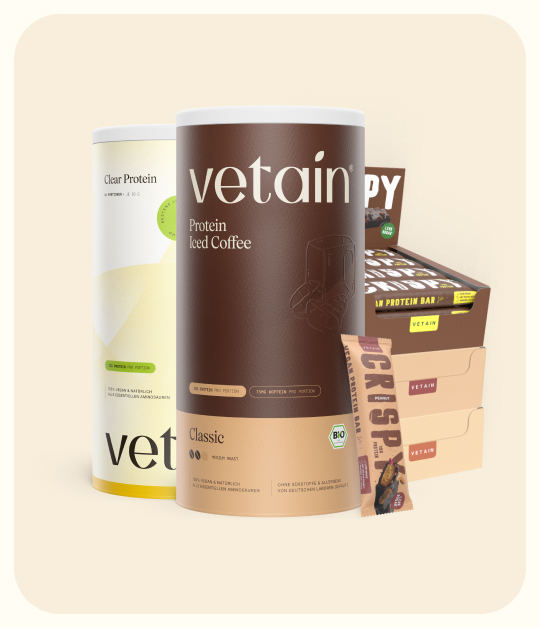
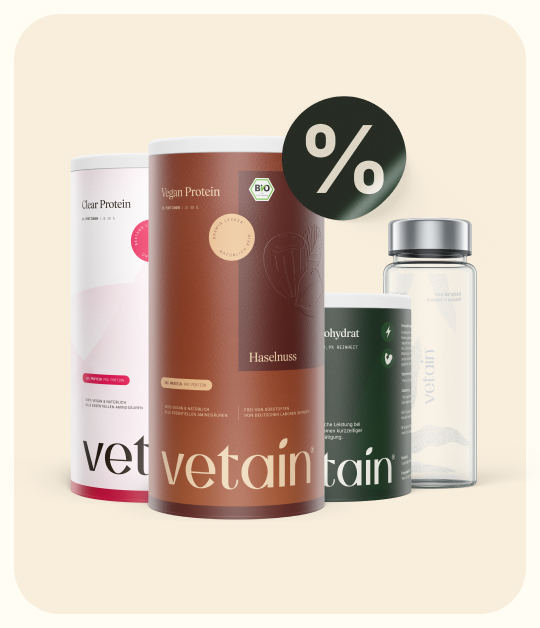









 6 Min
6 Min
 Zuletzt aktualisiert am 14.07.2025
Zuletzt aktualisiert am 14.07.2025
